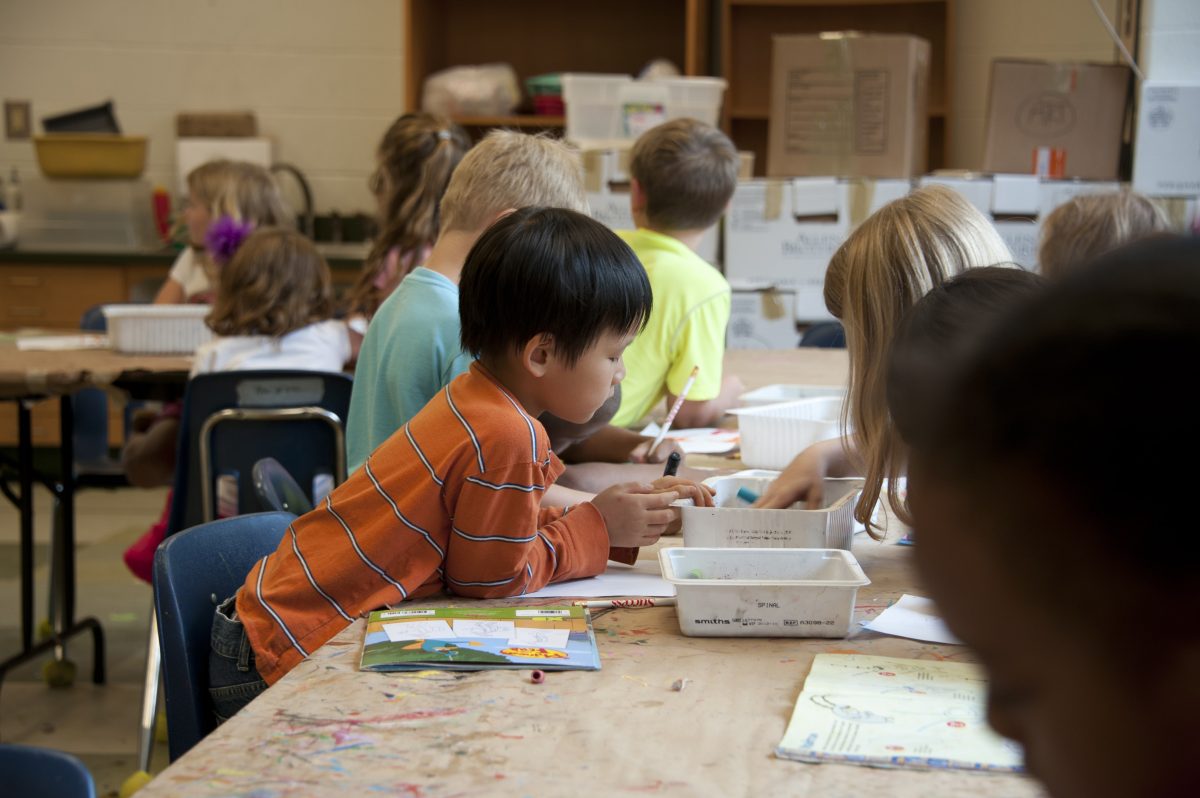What Works for Children’s Social Care (WWCSC) is delighted to announce funding of £12.6 million from the Department of Education to run and evaluate programmes designed to improve safeguarding and educational outcomes for children with a social worker. As well as an extension of existing projects, including placing social workers in schools and providing social work supervision to Designated Safeguarding Leads, the funding will also support new projects to support the educational attainment of children and young people.
Schools play a vital role in improving outcomes for vulnerable children, through safeguarding and educational attainment. These projects will provide much needed evidence on how schools can best support children with a social worker. The funding announced will support the delivery and evaluation of eight projects.
- Extension of Social Workers in Schools: The project placing more than 140 social workers in schools in 21 local authorities around England will be extended to March 2022. The project aims to understand if placing social workers in schools can facilitate better relationships between social workers, schools, and families, and improve outcomes.
- Providing social worker supervision to Designated Safeguarding Leads(DSLs): In addition to extending the current programme providing DSLs in secondary schools in the Greater Manchester area with regular supervision sessions with a social worker, the funding will also support two new trials in up to 20 local authorities in England. The new trials will provide individual supervision to DSLs in primary schools, and group supervision to DSLs in secondary schools. These projects aim to understand if supervision can help DSLs feel more confident in their roles and decrease the number of inappropriate referrals to children’s social care.
- Trials of educational interventions to close the attainment gap: Previous WWCSC research identified a number of interventions as showing signs of potential in decreasing the educational attainment gap between children and young people with a social worker and their peers. The funding will allow a more robust evaluation of two of these interventions, further adding to the evidence base on improving educational outcomes for this group of children.
- Pilots of new interventions to improve access to, and attainment in, further education: In order to expand the evidence base around what works for young people with a social worker in further education, we will be funding the roll-out and evaluation of two interventions in this area. Colleges, local authorities and other groups with interventions can now submit applications for funding as part of this programme.
This research will allow schools and local authorities to make evidence-based decisions about how best to support some of their most vulnerable children and young people, leading to better outcomes in education and life.
Dr Michael Sanders, Chief Executive, What Works for Children’s Social Care, said:
“I’m pleased that this programme of work has been extended into a second year, to allow us to continue our Social Workers in Schools programme, expand supervision of designated safeguarding leads, and test new interventions to support the attainment of young people with a social worker both in school and in further education”
Bernie Brown, Director of People, Bolton Council, said:
“It’s great to see the continued interest in this project. The DSL Supervision study began life as an idea here in Bolton, where we were pleased to participate in the research project – and in the successor project in secondary schools across the ten Greater Manchester authorities. As well as the continuation of the Greater Manchester project, it’s exciting to see that ten new local authorities will be able to take part in the new supervision trial in primaries.”
Charlotte Ramsden, Strategic Director for People, Salford City Council, said:
“The DSL supervision project has already proved really positive in Salford, with great feedback from our schools about the support and advice. It is excellent news that the funding has been extended so that we have extra time to focus on the developments and evaluate the impact. This last year has not exactly been a normal one in which to evaluate it. It also gives us more time to collaborate and learn across our ten Greater Manchester authorities and it is very rewarding to be able to do this development together.”

